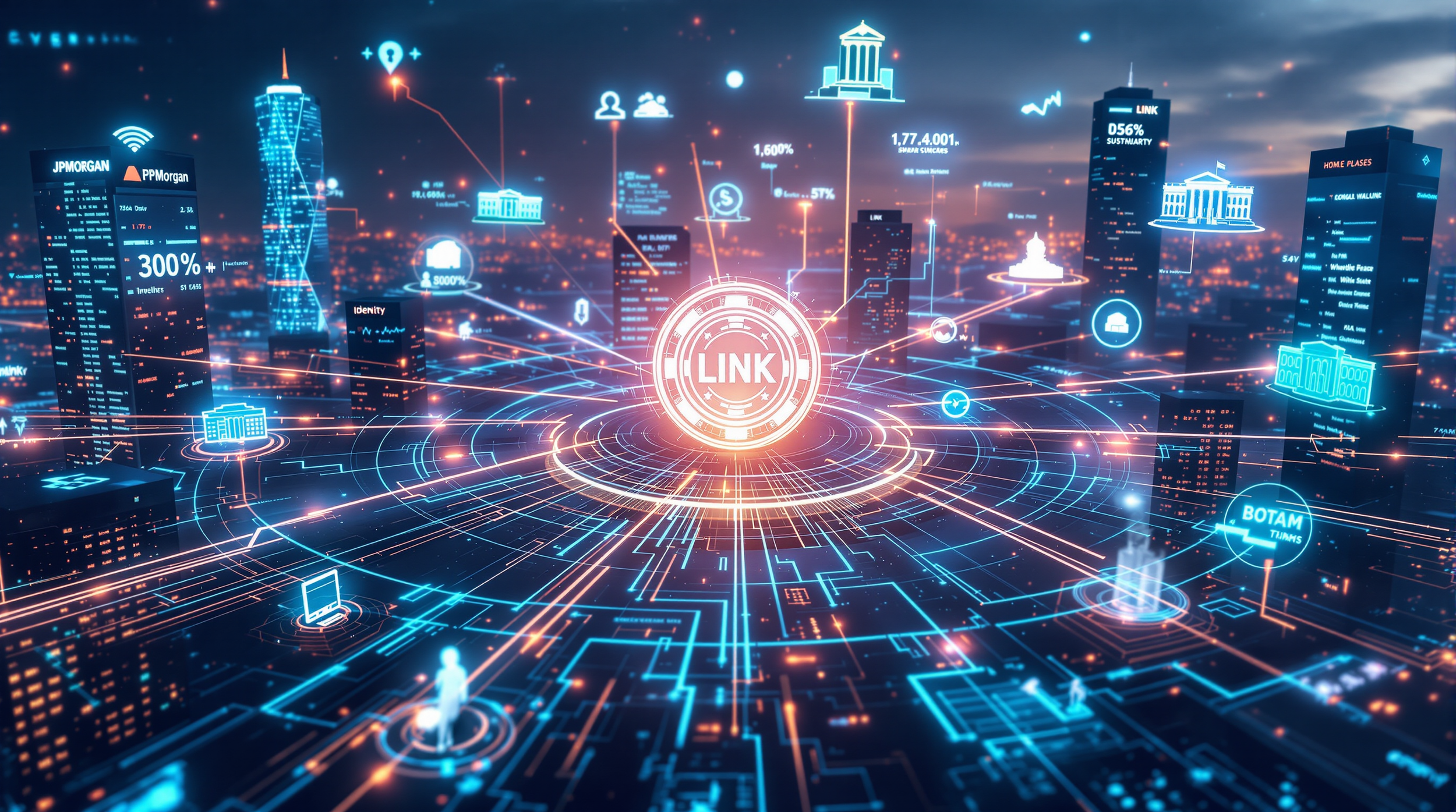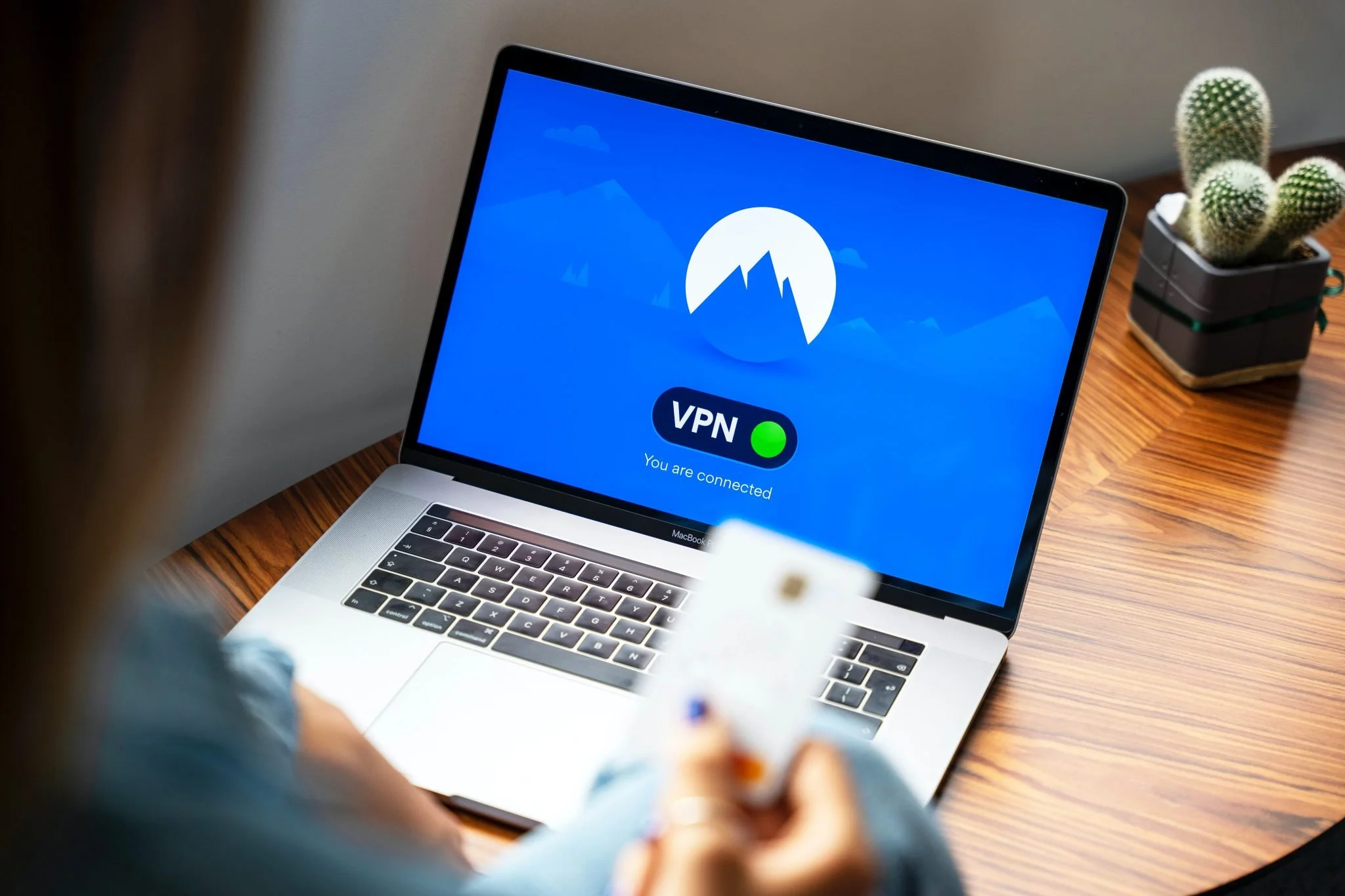In Part Two investigating video game user privacy, the authors highlight the study’s user research and give an analysis of how gamers and companies perceive data privacy, as well as which video game companies provide the most options in terms of privacy settings.
Managing Privacy, Identity, and Virtual Worlds in Video Games: Part One
The video gaming business is now a world-leading entertainment industry with nearly 180 billion U.S. dollars in market value (Statista, 2021). As more private information and in-game data are collected and utilized to support gaming, it may also threaten the safety of gamers' privacy. Therefore, it is essential for gaming companies to understand the business implications of collecting and using gamers’ private information. There have been studies that take account of the privacy landscape across industries, but privacy in the gaming industry remains less examined given its complexity and rapid recent growth.
Approaches to Data Privacy in Arts Organizations
In the current digital economy, privacy is elusive. In fact, much of the Internet as we know it is made up of services and practices that use data as a form of payment, without making that transaction clear. This article explores how individuals and organizations in arts enterprises can maintain better privacy and data protection for themselves and their clients using existing technology and techniques. It begins with a brief background on the state of digital privacy, and then provides into an overview of existing techniques and technologies that could be applied within the arts.
In the News: July 2022
July has been a whirlwind of a month at the intersection of art and technology. From possible successful legislation on data privacy in the US, to the Italian government putting its foot down on NFT sales, or just an AI making uncanny valley art that is starting to get a little too real, a lot has happened in the world. The spread of articles below give a glimpse into a small portion of the interesting events that have occurred this month!
Why Arts Nonprofits Should Care about Big Tech Lawsuits
Antitrust lawsuits in the United States had its historical beginnings with the Carnegie Steel and Standard Oil monopolies. The early 20th century was a time of trust-busting and a battle of government regulation of these industries, which were seemingly impossible to control due to their power through insurmountable wealth and market domination. Then, the 70s and 80s saw the trust busting of the Bell System in the sector of telephones and communication. Now, almost exactly a century after the passing of the antitrust laws and almost a half-century after the most recent conglomerate disaggregation, monopolies adjacent to the industry of telephone and communications run rampant in the United States – and the government is again facing difficulty in quelling their expansive power. This article will analyze three ongoing and one recently closed antitrust cases against Amazon, Apple, Alphabet, and Meta, and suggest effects that the rulings may have on how the nonprofit industry functions.
What the Arts Need to Know about Big Tech
Upon broaching the subject of Big Tech, the consideration of arts organizations is often forgotten, and the focus is solely placed on Silicon Valley and the lucrative world within. But with the increased attention into the world of Big Tech (specifically Apple, Amazon, Alphabet [Google], and Meta [Facebook]) as a result of continual antitrust lawsuits, privacy violations, and the global struggle in creating effective policies to limit these companies’ powers, it is becoming more evident that the activities of Big Tech span across a variety of industries, the arts and nonprofit sector included. This article will provide an overview of the Big Tech monopoly over data and privacy through its cross-market domination and explain its effects on the nonprofit world.
Why More Arts Organizations Need Privacy Policies
As the need for website privacy policies grows, how are arts organizations keeping up? From a sample of 100 nonprofit arts organizations across the United States, this article evaluates how many organizations have accessible privacy policies on their website and why that number should be higher—both to show their dedication to protecting patrons’ personal data privacy and to keep up with changing policy requirements.












